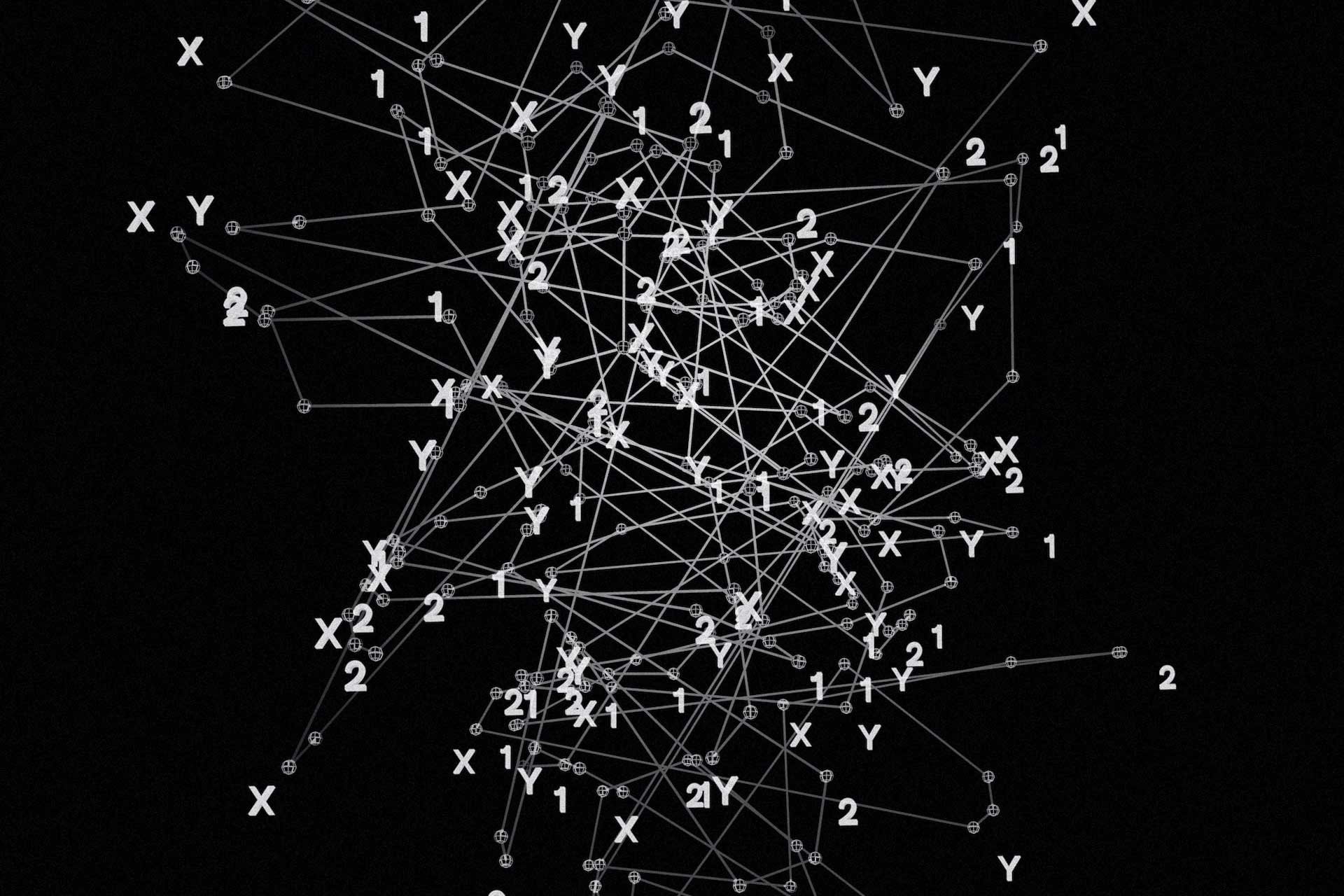Logic is concerned with studying the inferences we make, and the formal languages developed to systematize those inferences. This includes both the proof-theories and semantics for these languages, as well as their various metalogical properties, such as soundness, completeness, and decidability. Much of this work is purely technical, but it raises a number of philosophical issues with regard to application: whether these formal languages are intended to be descriptive or prescriptive regarding our everyday inferential practices, how we are supposed to choose among different logics, and if our choices entail any further philosophical consequences.
It is widely held that logic must be completely neutral with respect to its subject matter and that, therefore, certain metalogical properties are sufficient to disqualify some formal language. Similarly, some philosophers have argued that technical features of a proof theory or semantics of a given logic motivate either a wholesale revision of our inferential practices or the drawing of substantive metaphysical conclusions.
Other important issues in logic concern the philosophical concepts employed in studying these formal languages, such as whether the concept of truth is metaphysically substantive or merely a semantic property, and how to understand the necessity involved in logical inference.
Finally, logic is also concerned with understanding the philosophical consequences of technical results in the foundations of mathematics, such as the set-theoretic paradoxes and the iterative hierarchy of contemporary set theory, and the implications of Gödel’s incompleteness theorems for both the notion of computability and the philosophy of mind.




































